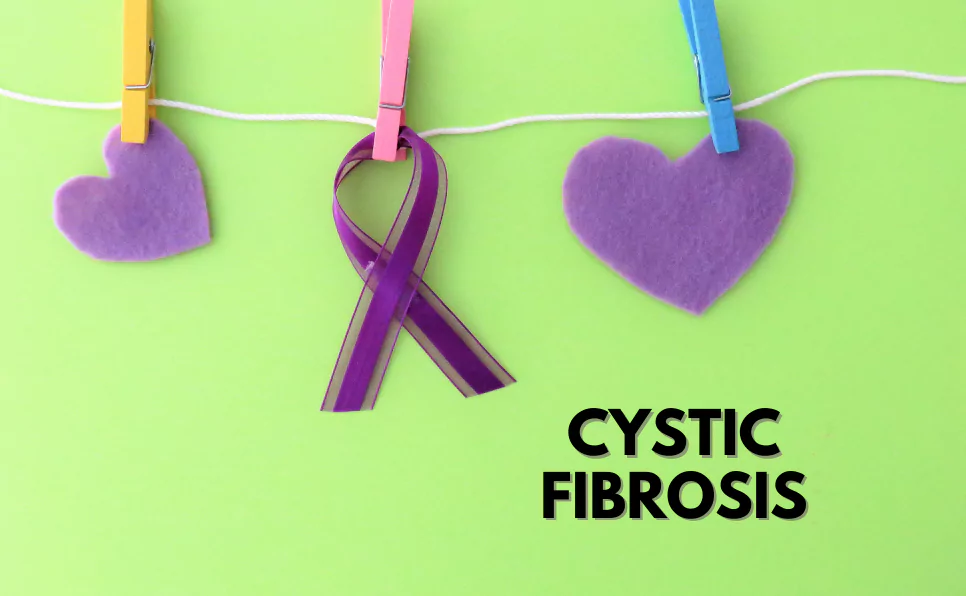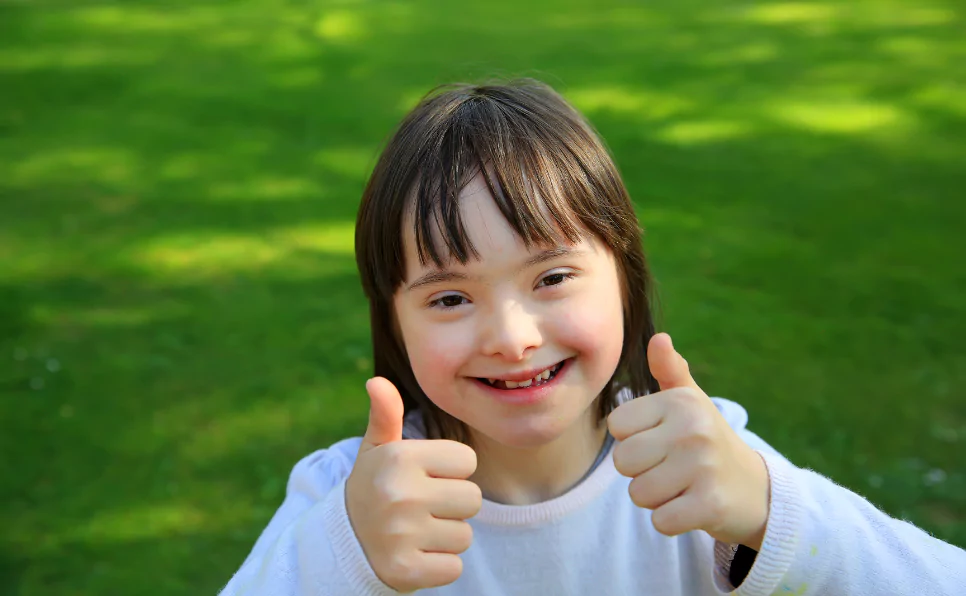We all know that a cup of coffee can give us a much-needed energy boost. But have you ever wondered how the caffeine and sleep relationship actually works?
Caffeine, the magic ingredient in coffee, works like a key in our brain that turns off the sleepiness. It does this by blocking special places, or “receptors,” in our brain that are usually filled by a substance called adenosine.
When adenosine is blocked, we feel more awake. however, genetics play a role, how strongly you will feel this affect.
In this article, we will explore relation between coffee, sleep and our genes.
Quick Note:
For a quick overview: The relationship between caffeine and sleep is significantly influenced by genetics, particularly by variations in the ADORA2A gene. This gene affects how caffeine impacts sleep; people with different versions of this gene react differently to caffeine.
High coffee drinkers generally experience shorter sleep regardless of their gene variant, while for low coffee drinkers, their specific ADORA2A variant can greatly affect sleep quality.
This genetic insight helps explain why caffeine affects individuals differently, with some being more prone to sleep disturbances after consuming caffeine. Other factors like age, caffeine tolerance, and consumption timing also play a role.
For a deeper understanding of how your genetics may influence your reaction to caffeine and its impact on your sleep, keep on reading the full article.
DNA, Caffeine, and Sleep
In a study, scientists looked at a piece of our DNA (gene) called ADORA2A. This gene is like a recipe that tells our body how to make the A2A receptor.
People can have slightly different versions of this recipe, and these differences can affect how caffeine influences their sleep.
The researchers divided people into three groups based on how much coffee they drank: low (less than a cup a day), moderate (1-6 cups a day), and high (more than 6 cups a day).
They found that for people who drank a lot of coffee, their sleep was shorter and they had more trouble sleeping, no matter what version of the ADORA2A gene they had.
But for people who didn’t drink much coffee, the version of the ADORA2A allele they had did make a difference to their sleep. Some versions of the gene (alleles) seemed to protect against sleep problems, while others were linked to more sleep problems.
The Big Picture
So, what does all of this mean? Well, it turns out that how coffee affects our sleep can depend on our genes.
Some of us might be more likely to have sleep problems if we drink coffee, while others might not. This could help explain why some people can have a late-night espresso and sleep like a baby, while others are up all night after a single afternoon latte.
This new understanding could help us figure out better ways to manage sleep problems. For example, if someone has a lot of trouble sleeping, it might help to know what version of the ADORA2A gene they have.
Maybe they need to be more careful with caffeine, or maybe there are other strategies that could work better for them.
But for now, if you’re wondering whether to have that next cup of coffee, it might be worth considering not just how much you’ve already had, but also what your genes might be saying about your “coffee sleep” profile.
Beyond Genes: Other Factors That Impact Our Coffee-Sleep Relationship
While our genes play a role in how coffee affects our sleep, other factors are also at work. These include:
- Age: As we get older, our caffeine metabolism slows down, including how we process caffeine. This means caffeine might stay in our system longer and potentially affect our sleep more as we age.
- Tolerance: If we regularly consume caffeine, our body can become more tolerant to its effects. This means we might need more caffeine to feel awake, but it could also mean more caffeine-induced sleep problems.
- Time of consumption: Drinking caffeine later in the day can interfere more with our sleep, as caffeine can take several hours to be cleared from our system.
- Stress levels: Stress can exacerbate the sleep-disrupting effects of caffeine, as both stress and caffeine can increase our levels of alertness.
Making Peace with Coffee: Tips to Manage Caffeine-Induced Sleep Problems
If you’re struggling with sleep problems and suspect caffeine might be the culprit, here are some tips that might help:
- Watch your consumption: Try to limit your caffeine intake, especially in the afternoon and evening.
- Go decaf: Consider switching to decaf coffee or herbal teas, which contain little to no caffeine.
- Relaxation practices: Engage in relaxing activities before bed, such as reading a book, meditating, or taking a warm bath.
- Regular sleep schedule: Try to stick to a regular sleep schedule, going to bed and waking up at the same time every day.
Final Words
The relationship between coffee and sleep is complex and personal, influenced by both our genes and our lifestyle.
As we continue to learn more about this intricate dance, we can better tailor our coffee habits to ensure we’re getting the most out of our wakeful hours without sacrificing our precious sleep.
References:

Dr. Sumeet is a seasoned geneticist turned wellness educator and successful financial blogger. GenesWellness.com, leverages his rich academic background and passion for sharing knowledge online to demystify the role of genetics in wellness. His work is globally published and he is quoted on top health platforms like Medical News Today, Healthline, MDLinx, Verywell Mind, NCOA, and more. Using his unique mix of genetics expertise and digital fluency, Dr. Sumeet inspires readers toward healthier, more informed lifestyles.





